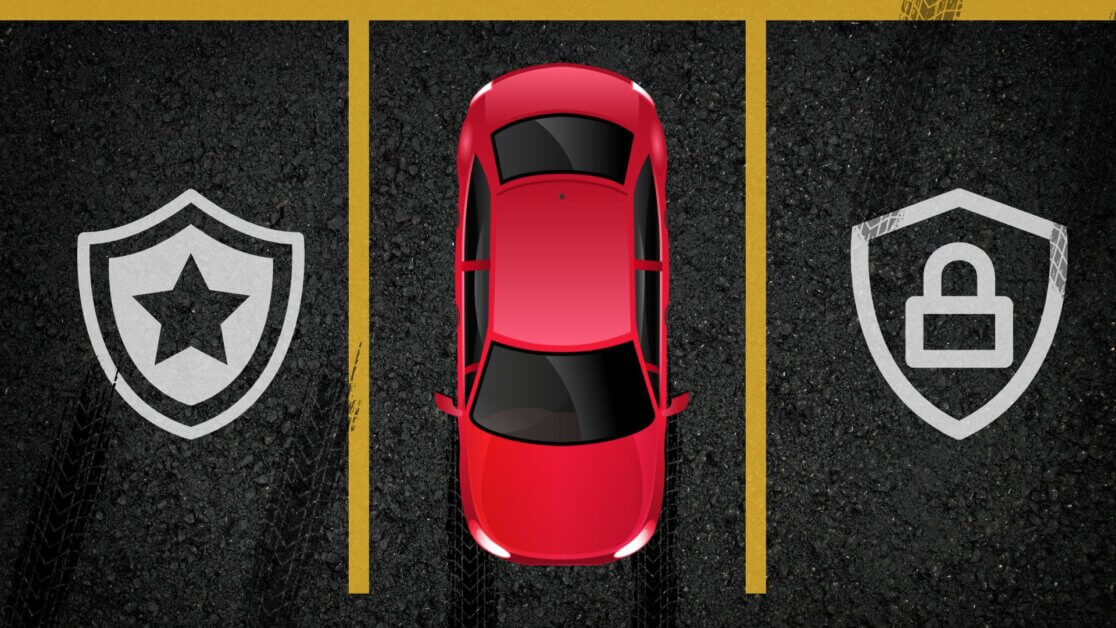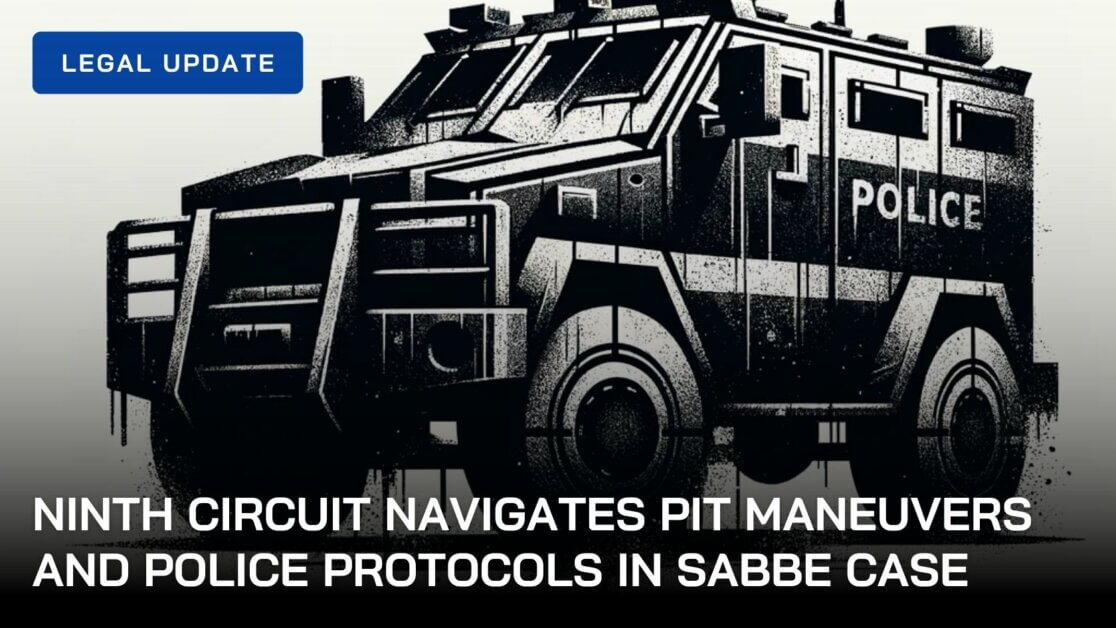Vega v. Tekoh is a case that was decided by the Supreme Court of the United States on June 23, 2022. Supreme Court justices voted 6-3 that police officers can no longer be sued under a §1983 claim if they forget to state a suspect’s Miranda rights. While the court still believes that Miranda rights should be read, they reiterated that Miranda rights are “prophylactic”, meaning precautionary, and the reading of Miranda rights is not in itself a constitutional right. The court cautioned that if a suspect is not read their Miranda rights, then the Court can block a suspect’s self-incriminating comments.
We discuss §1983 claims often, but what are they really? Section 1983 of 42 U.S.C. states the following: “Every person who, under color of any statute, ordinance, regulation, custom, or usage, of any State or Territory or the District of Columbia, subjects, or causes to be subjected, any citizen of the United States or other person within the jurisdiction thereof to the deprivation of any rights, privileges, or immunities secured by the Constitution and laws, shall be liable to the party injured in an action at law, Suit in equity, or other proper proceeding for redress…” In other words, the clause refers to people who misuse authority that they get from state law. This often applies to law enforcement officers who use excessive force, however in many cases the courts have heard Section 1983 claims that relate to Miranda warnings. SCOTUS argued that courts have generally weighed the balance of interests when hearing these cases, and there should not be so many exceptions to the rule. In their opinion, Miranda is not the thing that protects civil rights.
When a plaintiff brings a §1983 claim forward against a law enforcement officer, the claim must have the following elements (regarding law enforcement):
- Whether the officer was on duty
- Whether the officer was wearing a police uniform
- Whether the officer used police equipment (like a squad car or handcuffs)
- Whether the officer flashed a badge or otherwise claimed to be an officer, or carried out an arrest.
In the past it was argued that Miranda rights ensured protection of these rights, however, SCOTUS has never stated that Miranda should be used this way. Here is a brief overview of Vega v. Tekoh to help us better understand their decision.
FACTS
In March 2014, Tekoh was working as a certified nursing assistant at a Los Angeles medical center. When a female patient accused him of sexually assaulting her, the hospital staff reported the accusation to the Los Angeles County Sheriff ’s Department, and Deputy Vega responded. Vega questioned Tekoh at length in the hospital, and Tekoh eventually provided a written statement apologizing for inappropriately touching the patient’s genitals. The parties dispute whether Vega used coercive investigatory techniques to extract the statement, but it is undisputed that he never informed Tekoh of his rights under Miranda v. Arizona. Tekoh was arrested and charged in California state court with unlawful sexual penetration.
At Tekoh’s first trial, the judge held that Miranda had not been violated because Tekoh was not in custody when he provided the statement, but the trial resulted in a mistrial. When Tekoh was retried, a second judge again denied his request to exclude the confession. This trial resulted in acquittal, and Tekoh then brought this action under 42 U. S. C. §1983 against Vega and several other defendants seeking damages for alleged violations of his constitutional rights, including his Fifth Amendment right against compelled self-incrimination. When this §1983 case was first tried, the jury returned a verdict in favor of Vega, but the judge concluded that he had given an improper jury instruction and thus granted a new trial. Before the second trial, Tekoh asked the court to instruct the jury that it was required to find that Vega violated the Fifth Amendment right against compelled self-incrimination if it determined that he took a statement from Tekoh in violation of Miranda and that the statement was then improperly used against Tekoh at his criminal trial.
The District Court declined, reasoning that Miranda established a prophylactic rule and that such a rule could not alone provide a ground for §1983 liability. Instead, the jury was asked to decide whether Tekoh’s Fifth Amendment right had been violated. The court instructed the jury to determine, based on “the totality of all the surrounding circumstances,” whether Tekoh’s statement had been “improperly coerced or compelled,” and the court explained that “[a] confession is improperly coerced or compelled . . . if a police officer uses physical or psychological force or threats not permitted by law to undermine a person’s ability to exercise his or her free will.”
The jury found in Vega’s favor, and Tekoh appealed. A Ninth Circuit panel reversed, holding that the “use of an un-Mirandized statement against a defendant in a criminal proceeding violates the Fifth Amendment and may support a §1983 claim” against the officer who obtained the statement. The panel acknowledged that the 9th Circuit Court has repeatedly said that Miranda adopted prophylactic rules designed to protect against constitutional violations and that the decision did not hold that the contravention of those rules necessarily constitutes a constitutional violation. But the panel thought that SCOTUS’s decision in Dickerson v. United States, “made clear that the right of a criminal defendant against having an un-Mirandized statement introduced in the prosecution’s case in chief is indeed a right secured by the Constitution.” Therefore, the panel concluded that Tekoh could establish a violation of his Fifth Amendment right against compelled self-incrimination simply by showing that Miranda had been violated. The panel thus remanded the case for a new trial.
SCOTUS OPINION
The question at hand, according to SCOTUS, is whether a violation of the Miranda rules provides a basis for a claim under §1983. SCOTUS overall held that it does not. According to SCOTUS, a violation of Miranda is not itself a violation of the Fifth Amendment, and because there is no justification for expanding Miranda to confer a right to sue under §1983, SCOTUS reversed the Court of Appeals judgement in Vega v. Tekoh. SCOTUS argued that a Mirandaviolation is not equivalent to a violation of the Fifth Amendment. The Fifth Amendment, provides that “[n]o person . . . shall be compelled in any criminal case to be a witness against himself.” This Clause “permits a person to refuse to testify against himself at a criminal trial in which he is a defendant” and “also ‘privileges him not to answer official questions put to him in any other proceeding, civil or criminal, formal or informal, where the answers might incriminate him in future criminal proceedings.’” In Miranda, the Court concluded that additional procedural protections were necessary to prevent the violation of this important right when suspects who are in custody are interrogated by the police. To afford this protection, the Court required that custodial interrogation be preceded by the now-familiar warnings mentioned above, and it directed that those statements obtained in violation of these new rules may not be used by the prosecution in its case-in-chief.
In this case, the Ninth Circuit held—and Tekoh now argues, that a violation of Miranda constitutes a violation of the Fifth Amendment right against compelled self-incrimination, but that is wrong. Miranda itself (and other SCOTUS cases) make clear that Miranda imposed a set of precautionary rules. Those rules, to be sure, are “constitutionally based,” but they are prophylactic rules, nonetheless.
TAKEAWAYS
Overall SCOTUS’s decision protects law enforcement officers from human error and the off chance that you forget to read a suspect their Miranda rights; be aware though, that SCOTUS clearly stated throughout their opinion that if you do not read someone their Miranda rights, and they make a statement, this statement may be thrown out as evidence. So, if someone’s confession is going to be a big part of your case (how could it not be) be sure to continue following proper Miranda procedure. Just note that you cannot be sued under a §1983 claim if you forget to do so.



